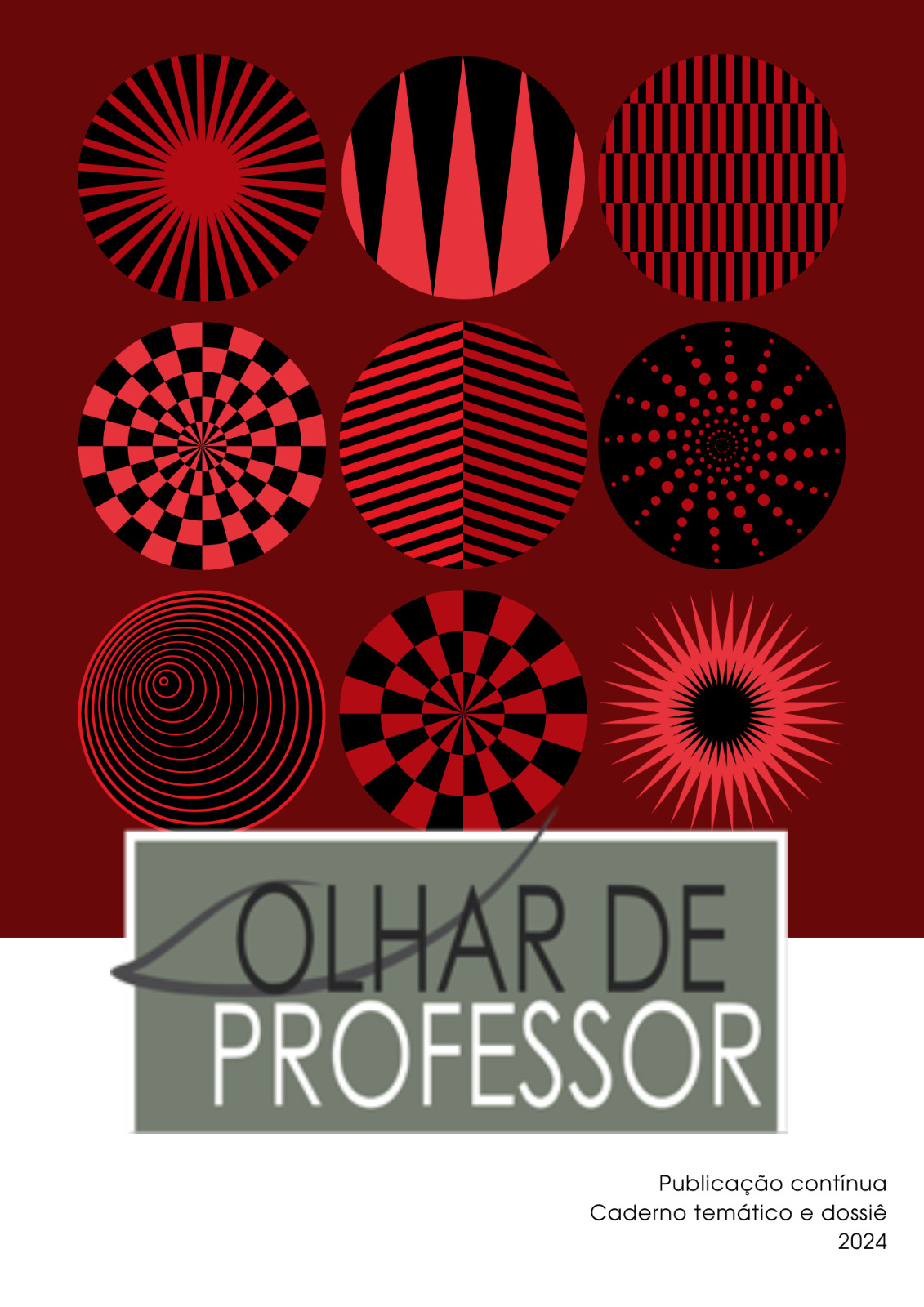Recuperação de estudos no Ensino Remoto Emergencial: Entre o ideal e o real, as diferenças que as Tecnologias Digitais da Informação e Comunicação podem fazer
Main Article Content
Abstract
The thesis presented here had as its object of research the recovery of studies, which is a moment foreseen in the school calendar, which aims to provide the student who did not reach the minimum performance required for approval a new opportunity to learn the contents about which he presented difficulties during the classes, going through a new evaluation process. The general objective of the work was to analyze the recovery of studies, using Digital Information and Communication Technologies (DICT) as instruments to create alternatives for the teaching-learning process in Emergency Remote Teaching (ERE). This teaching modality was implemented as a result of the COVID-19 pandemic, which occurred in 2020 and 2021, and imposed social isolation as a preventive measure against the spread of the new coronavirus, resulting in the closure of schools. In order to achieve the general objective, four specific objectives were established: to investigate how the teaching-learning process is established in the context of study recovery; characterize the impacts of the ERE on the organization of the researched School System; verify the development of the teaching-learning process and its repercussion on the recovery of studies in the ERE; and to identify the project's contributions to the process of recovery of studies in the ERE. The research methodology was organized in two stages: the first was based on Deleuze's (1988) concept of implication, in order to understand all the implicating aspects in the recovery of studies and their dynamics. Through this study, the concept of School System was conceived. In the second stage, of an empirical nature, participant observation of the mathematics discipline of the second year of high school in a public school of the Brazilian federal education system was carried out. Data collection was carried out through semi-structured interviews with the teacher of the discipline, observation of the development of the entire 2020 school year, and a questionnaire to evaluate the students' recovery of studies. These aspects configure this research as qualitative, being hybrid between descriptive, exploratory and explanatory. The data collected served as a basis for the elaboration, application and evaluation of the use of DICT in the recovery of studies. The research obtained a positive result regarding the use of DICT. They created alternatives to review, detail, advance and signify the contents for the students, in addition to meeting the demands of accessibility to the activities that the ERE required.Specifically regarding the recovery of studies as an intervention strategy in the teaching-learning process, the conclusion reached was that it needs to be rethought. As the main contribution, it is pointed out that, once the contents of a given discipline have been developed, guided by the recursive methodology and taking advantage of the DICT in a Virtual Learning Environment (VLE), this material can be used as a support for learning. Concomitantly with what happens in the classroom, even during the process of knowledge construction, this approach expands the teaching-learning process beyond the walls and school time. This is due to the asynchronous nature provided by online education, and, perhaps, transforming the recovery of studies into support for learning.
Downloads
Article Details

This work is licensed under a Creative Commons Attribution 4.0 International License.
Authors who publish in this journal agree with the following terms:
a) Authors keep the copyrights and concede the right of its first publication to the magazine. The work piece must be simultaneously licensed on the Creative Commons Attribution License which allows the paper sharing, and preserves both the author identity and the right of first publication to this magazine.
b) Authors are authorized to assume additional contracts separately, to not-exclusively distribution of the paper version published in this magazine (e.g.: publish in institutional repository or as a book chapter), with the author identity recognition and its first publication in this magazine.
c) Authors are permitted and stimulated to publish and distribute their papers online (e.g.: in institutional repository or on their personal webpage), considering it can generate productive alterations, as well as increase the impact and the quotations of the published paper.
d) This journal provides public access to all its content, as this allows a greater visibility and reach of published articles and reviews. For more information on this approach, visit the Public Knowledge Project, a project that developed this system to improve the academic and public quality of the research, distributing OJS as well as other software to support the publication system of public access to academic sources.
e) The names and e-mail addresses on this site will be used exclusively for the purposes of the journal and are not available for other purposes.

This work is licensed under a Creative Commons Attribution 4.0 International License.
References
Giffoni, Iomara Albuquerque. Recuperação de estudos no ensino remoto emergencial: entre o ideal e o real, as diferenças que as Tecnologias Digitais da Informação e Comunicação podem fazer. 216 f. Tese (Doutorado) – Pontifícia Universidade Católica de Minas Gerais.
Programa de Pós-Graduação em Educação. Belo Horizonte, 2022.





